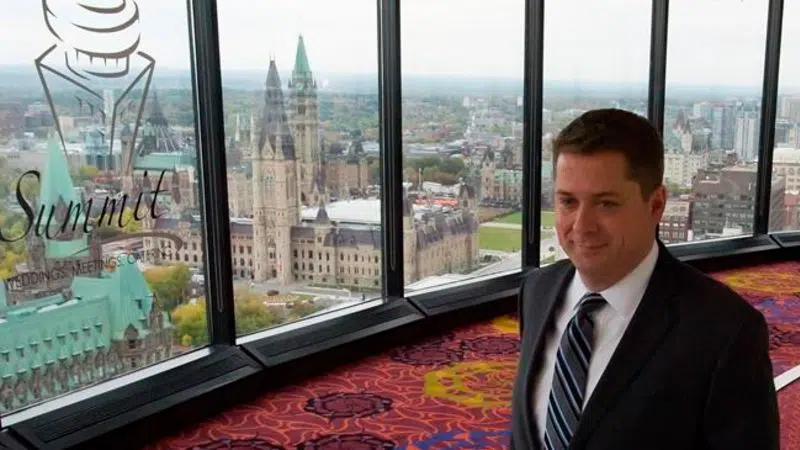
Don’t let ‘political correctness’ erase Canadian history, Scheer says
OTTAWA — Conservative Leader Andrew Scheer says Canadian history should be honoured and celebrated — warts and all.
“I believe Canada’s history should always be celebrated,” Scheer said Monday morning in Ottawa during an announcement that also included a promise to eliminate admission fees at all nine national museums across the country.
“Now, is it perfect? Of course not, but we must never allow political correctness to erase what made us who we are,” said Scheer.
“We can and we should celebrate the giants of our history,” said Scheer, before naming Sir John A. Macdonald, the first prime minister of Canada, who was a Conservative, as well as Liberal prime ministers William Lyon Mackenzie King and Sir Wilfrid Laurier.


